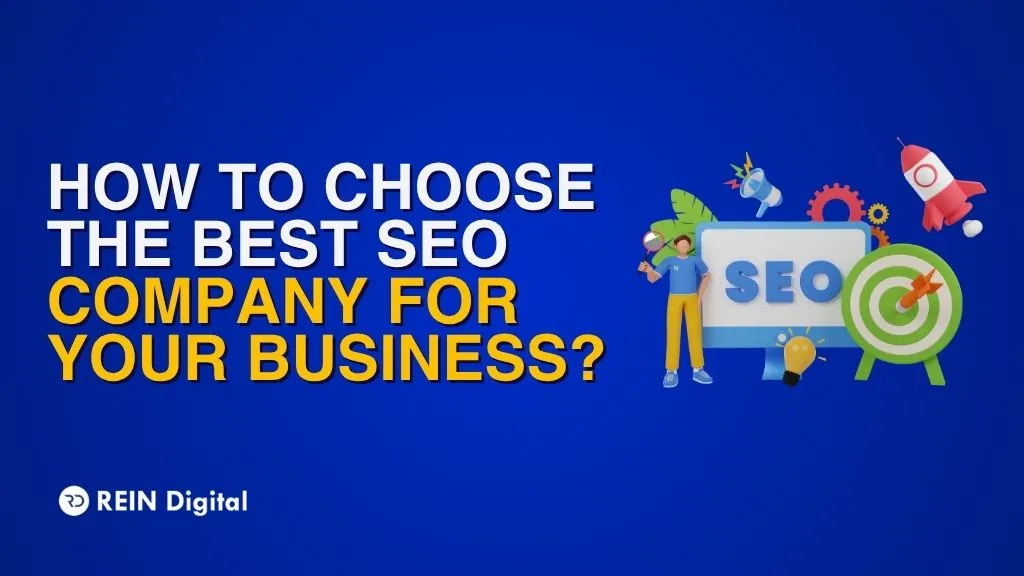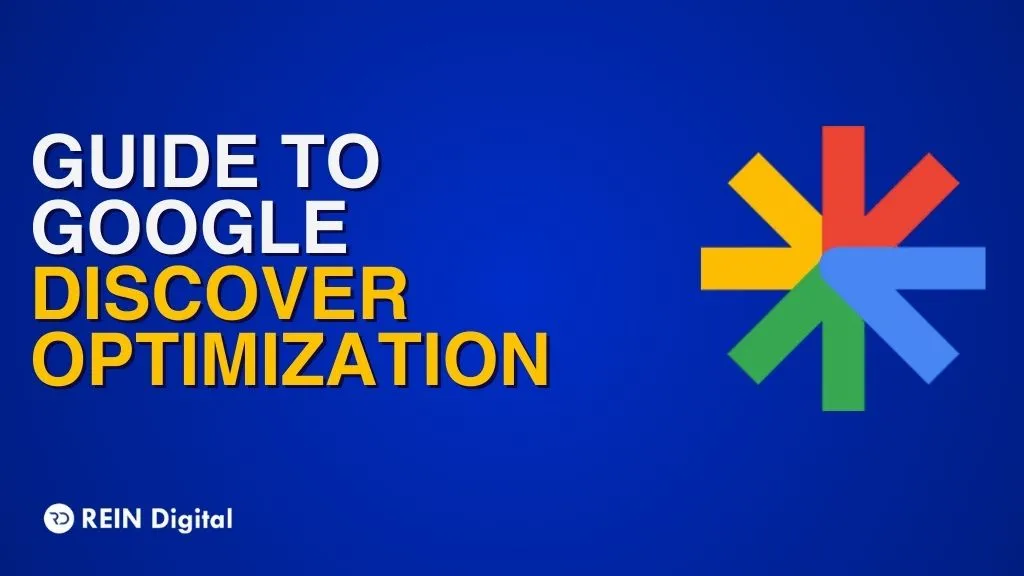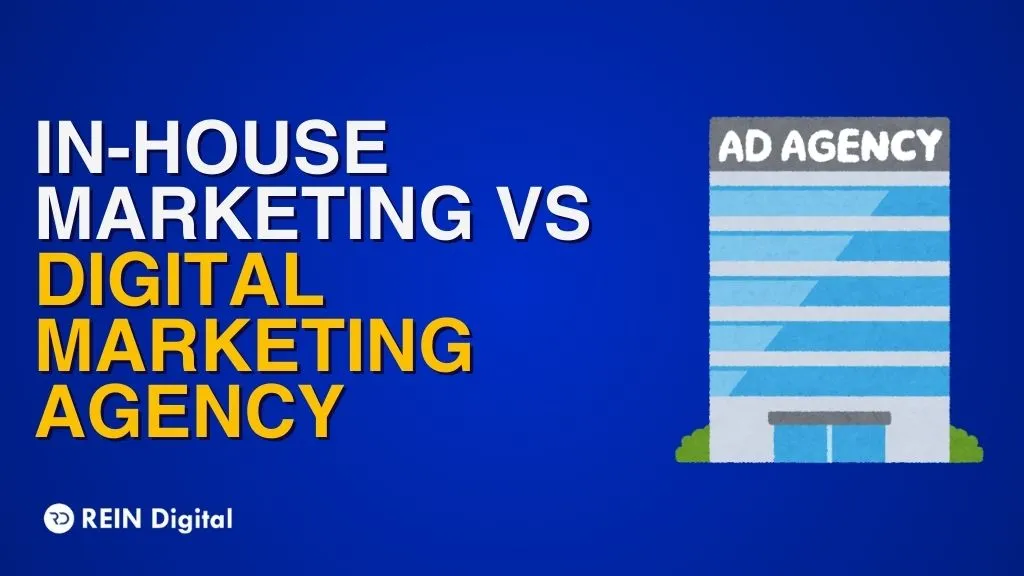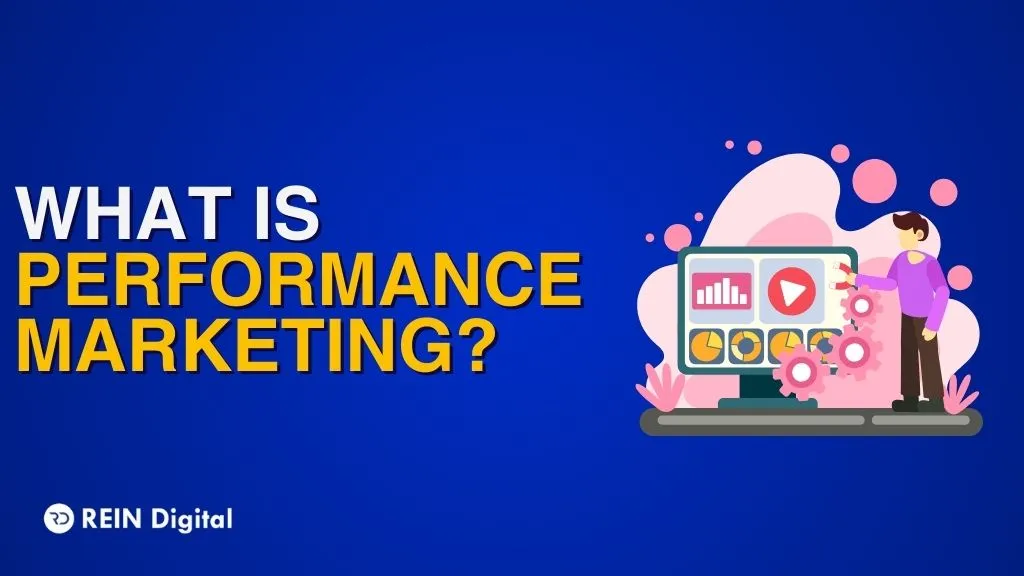
The next five years (2025) will no longer consider keywords and backlinks as the sole prerequisites of SEO. The focus will be on intent and user experience, particularly about algorithm-friendly content and the proactive development of search algorithms. Thus, the selection of your SEO agency may determine whether you get on page 1 or not.
So, what is it?
1. Understand Your SEO Needs First
Before you start browsing agencies, ask yourself:
- Do you need local SEO or global SEO?
- Are you focused on e-commerce, lead generation, or brand awareness?
- Is your website technically sound, or does it need a technical audit?
- Are you already ranking and want to improve, or are you starting from scratch?
Pro tip: Agencies specialise. One that’s great for SaaS SEO may not be effective in local service SEO. Know your niche.
2. Look for Transparency in Strategy
A good SEO agency won’t promise you #1 on Google in a week. If they do, run.
Instead, they should:
- Explain their keyword strategy
- Talk about content plans.
- Outline technical SEO audits
- Share how they track success with tools like GA4, Search Console, or SEMrush.
Red flag: Vague terms like “we'll optimise your site” without specifics.
3. Evaluate Their Track Record
Look at:
- Case studies
- Client testimonials
- Before-and-after SEO metrics
- Long-term retention rate
Ask for examples within your industry. SEO isn’t one-size-fits-all.
Bonus tip: Use tools like Ahrefs or Ubersuggest to check how their clients rank today.
4. Check Their Technical SEO Capabilities
Great SEO agencies have technical chops. Ask about:
- Core Web Vitals optimisation
- Site architecture
- Schema markup
- Mobile-first indexing
- Page speed and crawlability
If they only talk content and backlinks, they’re missing half the puzzle.
5. Prioritise Content Expertise
In 2025, AI-assisted content is booming. But Google still values helpful, people-first content.
Ask:
- Do they write content in-house or outsource?
- How do they ensure E-E-A-T (Experience, Expertise, Authoritativeness, Trust)?
- Do they optimise for voice search, zero-click results, and featured snippets?
Great agencies don’t just create content; they strategise it.
6. Review Their SEO Tools & Tech Stack
Good agencies use tools like:
- SEMrush, Ahrefs, Moz (keyword + backlink analysis)
- Screaming Frog (technical audits)
- SurferSEO or Frase (content optimisation)
- GA4, Looker Studio (reporting)
Make sure they aren’t flying blind.
7. Understand Their Reporting and Communication Style
SEO is a long game. You need:
- Monthly reporting
- Clear, non-jargon updates
- Transparent goal tracking
- A dedicated point of contact
Look for an agency that educates you, not baffles you.
8. Compare Cost vs. ROI
SEO pricing varies wildly. Here's a ballpark:
Cheaper isn’t always better. Focus on ROI, not price tags.
9. Ask About AI & Future-Proof Strategies
In 2025, SEO agencies must be fluent in:
- AI-generated content optimisation
- Search Generative Experience (SGE) readiness.
- Voice search SEO
- Video SEO for YouTube and Shorts
If they're not adapting to AI and the evolving SERP landscape, they’ll fall behind and take your site with them.
10. Schedule a Strategy Call
Once you shortlist 3 to 5 agencies, hop on a call and ask:
- What’s your process for the first 90 days?
- How do you define and measure success?
- Can I see examples from similar businesses?
- What happens if we don’t see results in 6 months?
Trust your gut. You’re looking for competence and chemistry.
Bonus: Top Questions to Ask Before Hiring
- What’s your approach to technical vs. content SEO?
- How do you handle Google algorithm updates?
- Do you build backlinks? If yes, how?
- Can I see the ranking or traffic growth of past clients?
- What’s included in your monthly package?
Final Checklist Before You Sign
- Clear pricing and deliverables
- Relevant success stories
- Honest timeline (6–12 months for results)
- Transparent communication
- Alignment with your goals
Conclusion
It is not just based on the most eye-catching site or the cheapest price to hire the best SEO company in 2025. It is about who you want to be partners with, someone familiar with your industry, someone who can adjust to trends and someone who can be a long-term partner.
The smartest agencies do not only run after Google but also master it.














